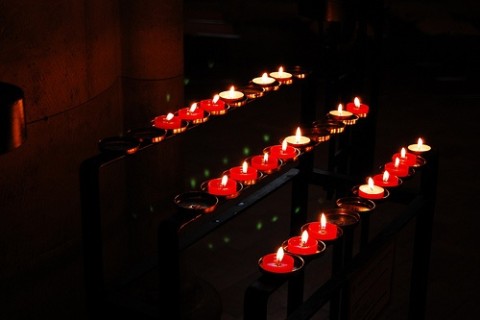Doubts about prayer: Between action and contemplation

I have never felt comfortable praying. I almost feel I should put the word in quotes, as I'm never quite sure that what I do deserves the name. I have a little litany of stations through which I move—thank you, help me, be with, forgive—but mostly I simply (simply!) try and subject myself to the possibility of God. I address God as if.
"We must believe in the real God in every way," says Simone Weil, "except that he does not exist, for we have not reached the point where he might exist." I understand this to mean not that if we achieve some state worthy of God, he will pop into being like a genie, but that devotion to God, for modern believers, inevitably means learning to inhabit, rather than simply trumping with dogma or literal scripture, those elements of our existence that seem inimical to his: limitedness, contingency, suffering, death.
Contemporary people whose lives are marked by a searching, scorching spiritual focus—whether they are conflicted believers, God-haunted agnostics or even the neoatheists whose very avidity gives them away—tend to be obsessed by whether God exists. What Weil is saying is that this is—not beside the point, exactly, but a misdirection: God exists apart from our notions of what it means to exist, and there is a sense in which our most pressing existential question has to be outgrown before it can be answered.




